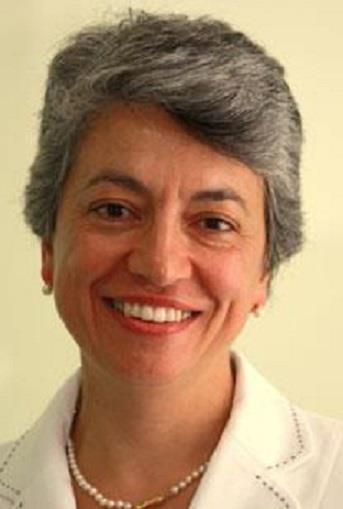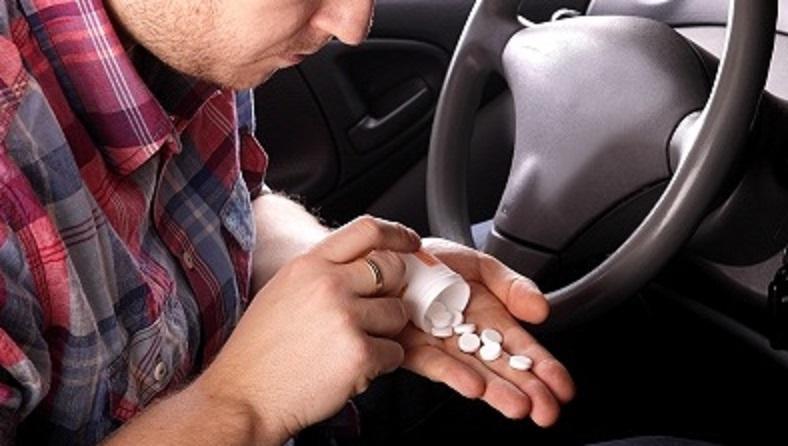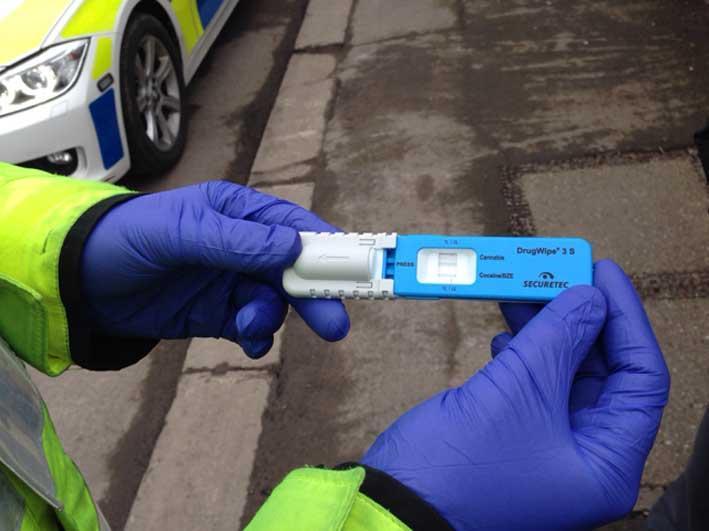While another substance-filled holiday season has drawn to a close, The Malta Independent met with Chair of the National Centre for the Freedom from Addictions (NCFA) Dr Anna Vella to gauge what the prevalence of drug driving is in Malta, and understand why it is not given much attention in the same way that drink-driving does.
Dr Vella has 20 years’ experience working at the Substance Misuse Outpatients Unit known better as Detox Centre, meaning that she has a long enough experience to understand Maltese substance abusers. She also chairs the NCFA, within President Marie Louise Coleiro-Preca’s Foundation for the Wellbeing of Society. After carrying out seminars, discussions and working groups, the NCFA came out with a set of recommendations on how to tackle the issue of drug driving – even from a policy perspective.
She exposes the discrepancy of how a number of legal psychoactive substances are much more dangerous and much more potent than cannabis, yet people think they areOK because they are legal, and worse still would drive while under the influence.

How drug-driving was placed on the NCFA agenda
“The foundation is made up of different centres which carry out research on various subjects. Ours tackles addiction. I was aware of a committee in the UK which was tackling drug-driving and I found this interesting. I started reading up, and it transpired that the person involved was Professor Kim Wolff, who I happen to know personally. We invited her to Malta and we had a round table conference with main stakeholders so that we could discuss the experience in the UK and see what we could learn from it.
“We started this study because we realised that Europe had been asking all the countries, to do something about drug driving. In Malta we seem to be always thinking about alcohol but we never think about people driving after using psychoactive drugs.
“I am a doctor who works at the Detox centre and I have been working there for 21 years. I have known many of my patients who drive while being intoxicated. One of the most impressive things is that people do not realise that they are not fit to drive; they think everything is under control. Even when they are talking to you in the office under the effect of drugs they think they are acting normally but actually they are not.
“I often invite my patients to record or film themselves while intoxicated and watch the films or hear their recordings the day after when they are not under the effect of drugs...it’s very difficult for them to realise what they would be doing or saying under the effect of drugs. Self-awareness is lacking. One of the recommendations from our Centre’s study, in fact, is that people controlling the streets should have the tests – which can be as simple as the breathalysers – but if we don’t have these tests we can use other simple tests used in the UK and other EU countries, like for example a policeman can assess on the spot whether a driver is intoxicated, asking him to touch his nose and extend his arm repeatedly, or to walk in a straight line etc. This is what we are recommending, let’s start from simple tests.

No data
“We do not have any data recorded in Malta about the prevalence of driving after use of psychoactive drugs. When we thought about going into that subject, ethical issues arose. If somebody has had a car accident, and I am going to check if he was under the effects of drugs and alcohol, the insurance companies need to be informed. That’s a big ethical issue. Not all patients going into the emergency ward at Mater Dei after a motor vehicle accident can be tested for intoxication without a magisterial inquiry being set up.
“In fact, we invited judges and magistrates over to discuss this issue. We were told that if there is a traffic accident and somebody dies, the magistrate has to be on site and then he/she has to order the inquiry. That takes time. Within a few hours the blood results change.
Gaining momentum
“The problem is that we launched our recommendations last year, but things have not really moved in the direction we hoped for. We have been told that just as the government has been discussing alcohol levels when driving, soon drug driving policy will be discussed as well.So we hope that things will change then.
“Here and now (mid-December), her Excellency, is concerned, knowing this is the time of year where many people are tempted to use drugs. We are telling peoplenot to drive under the influence of any psychoactive drug. We are saying that if you are going to use drugs, just please be safe. There is no use burying your head in the sand saying that: No, young people don’t do these things. We know it happens so we must help the people for their sake and for the wellbeing of innocent people around.
“Our aim at the moment is to enhance the wellbeing of people and their families. We hope that we will soon start working on these recommendations.If we get to know what the situation in Malta is, like how often cannabis and cocaine use is while driving, for example, we can start tackling policies based on concrete information.

Decriminalisation of cannabis
“One thing that really worries me is the end result of the change in legislation regarding cannabis. The fact that one does not go to prison any more for cannabis use, may seem to imply that cannabis has no long-term effects. Is this giving the message that after all everything is ok? Have people understood that cannabis use does not have any psychoactive effect? “Many people now thinkitis ok to use cannabis, but it’s not ok. There is no distinction between hard and soft drugs in medicine. When it comes to alcohol with cannabis, there is quite a potent effect. Today people are using synthetic cannabis, which has extremely different effects from the natural one.
“From my work at the Detox centre, I have patients who have been using heroin for 20 years, and who claim that the synthetic cannabis has more potent psychedelic effects than the heroin they have been using for years.
“Up to now we do not have any tests on body fluids that confirm if a person has taken synthetic cannabis, but we know the effects that synthetic cannabis hason driving. “We know the effects of cannabis and other psychoactive drugs on driving. Many times law carries a philosophy: if it is not illegal, it is ok – This does not hold from the health perspective. There are psychoactive substances that are licit but if misused are hazardous for health.
“If one uses a concoction of psychoactive drugs, the effects on driving are always worse than of one drug alone. Many times it’s not only an addictive effect but a multiplying effect. If one has a high tolerance of certain drugs, and has been using drugs for a while, it complicates matters – I can’t say you can drive after six hours of taking a specific drug, because different people’s tolerance is different and the effect on driving is different. Therefore one has to be very cautious and prudent before writing drug-driving policies.
Legal alcohol and illegal drugs
“Speaking from a doctor’s perspective, it doesn’t make sense why some drugs are legal and others aren’t. In Malta alcohol is legal and heroin is illegal; both are psychoactive, both are highly addictive; both can cause ill-health and eventually death. So why is one legal and the other isn’t? Medically both should be on the same level. Both should be treated as dangerous.“In Malta alcohol consumption is a worse public health problem than illicit drugs.So from a health perspective one finds it hard to understand why it is not as controlled as less common illicit drugs.
If I am misusing prescribed psychoactive substances, like benzodiazepines, on the other hand, , and also drink alcohol, all is perfectly legal even though I am misusing substances, I am definitely not fit to drive, even though I am not on illicit substances. This is my point: though I may be in the legal frame work I am not acting sensibly. This is why we need to keep teaching the public that even though I may not be misusing illicit substances I may still be highly infringing the law besides being a threat to self and to others.
“We have to train our people, our police, how to deal with drug driving. We want to start having an outreach for people on different levels, let’s talk about research, let’s talk about the insurance policy – if somebody dies, although big money is involved, let’s say a person is killed in a traffic accident and the other driver was intoxicated, does that mean the insurance policy does not cover damages? Let’s have a discussion about these things.”
The recommendations by the NCFA may be found on a previous article published by The Malta Independent:
http://www.independent.com.mt/articles/2016-05-19/local-news/National-Centre-for-Freedom-from-Addictions-gives-recommendations-on-drug-driving-6736158096